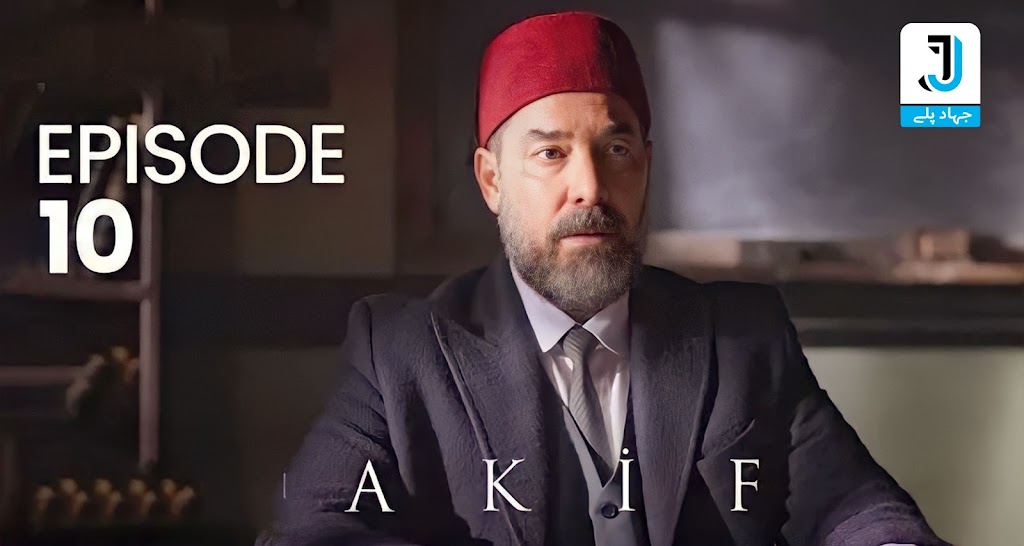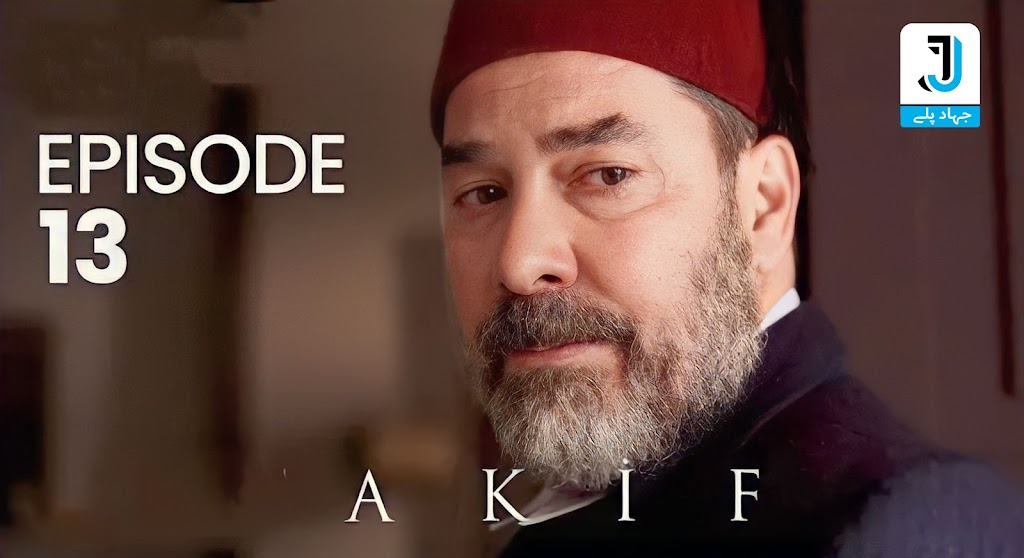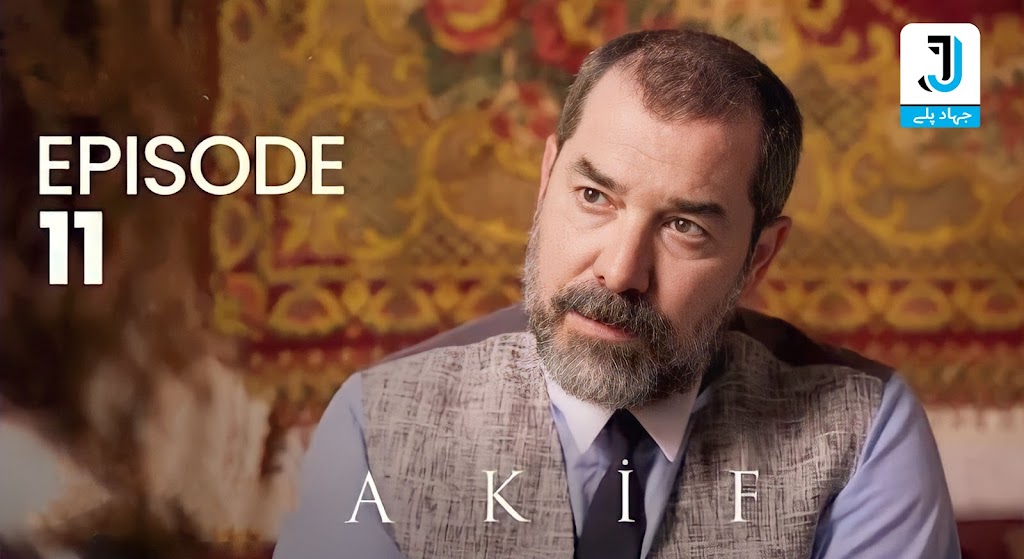Akif Episode 10 By Jihad Play With Urdu Subtitles

Introduction
Mehmet Akif Ersoy, a name that resonates with the hearts of millions, was a Turkish poet, scholar, and visionary who left an indelible mark on Turkish literature and culture. Best known for his magnum opus, the Turkish national anthem, “İstiklal Marşı” (Independence March), Mehmet Akif Ersoy’s life and works continue to inspire and shape the identity of modern Turkey. This article delves into the life, contributions, and enduring legacy of this remarkable figure.
Early Life and Education
Mehmet Akif Ersoy was born on December 20, 1873, in Istanbul, which wasthen part of the Ottoman Empire. He grew up in a devout Muslim family, andhis father, Mehmet Tahir Efendi, was a prominent Islamic scholar. Thisearly exposure to religious and intellectual pursuits had a profoundinfluence on his worldview and literary works.
Ersoy received his primary education in Istanbul and demonstrated aprodigious talent for poetry from a young age. His early poems revealed adeep spiritual and patriotic sensibility, foreshadowing the themes thatwould become central to his later works.
PLAYER 1
PLAYER 2
Literary Career
Mehmet Akif Ersoy’s literary career began in earnest in the late 19th andearly 20th centuries. He was a prolific writer, composing a wide range ofpoems, essays, and articles. His poetry was characterized by its passionate devotion to Islam and the Turkish nation, and he often exploredthemes of faith, patriotism,and social justice.
One of his most significant achievements was the composition of “İstiklalMarşı,” the Turkish national anthem. Commissioned in 1921 during theTurkish War of Independence, Ersoy’s anthem encapsulated the spirit of theTurkish people’s struggle for independence and their unwavering commitment to freedom. Its powerful verses continue to stir the hearts of Turks tothis day, serving as a reminder of their historic journey tonationhood.
Political Involvement
Mehmet Akif Ersoy was not only a poet but also a man of strong principlesand convictions. He was actively involved in political and social issuesof his time. As a staunch supporter of the Turkish War of Independence ledby Mustafa Kemal Atatürk, Ersoy used his pen to rally the nation andinspire them to defend their homeland. His poetry served as a source ofmotivation for the Turkish soldiers fighting for their independence.
Later Life and Legacy
Despite his contributions to the Turkish nation, Mehmet Akif Ersoy spenthis later years in relative obscurity and poverty. He continued to writeand publish works on various topics, including religious and moralsubjects. Ersoy’s commitment to his faith remained steadfast, and hecontinued to advocate for the importance of religion and morality inTurkish society.
Mehmet Akif Ersoy passed away on December 27, 1936, leaving behind alegacy that endures to this day. His writings continue to be studied andcelebrated for their profound impact on Turkish culture and identity. Hispoetry, especially “İstiklal Marşı,” remains a symbol of national unityand pride, reminding Turks of their history and the values they hold
dear.
Conclusion
Mehmet Akif Ersoy’s life and works stand as a testament to the power ofliterature and poetry to shape a nation’s identity and inspire its people.His devotion to faith, love for his homeland, and unwavering commitment toindependence have left an indelible mark on Turkey’s cultural andhistorical landscape. As long as Turks sing “İstiklal Marşı” and cherishthe values it represents, Mehmet Akif Ersoy’s legacy will continue toshine brightly in the annals of Turkish history.



